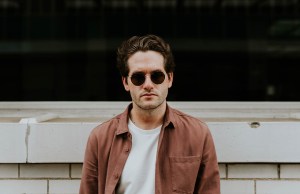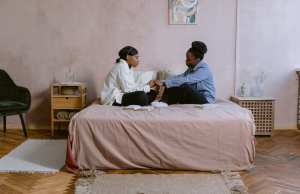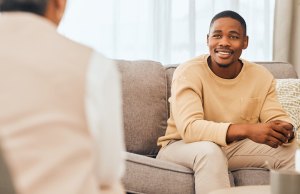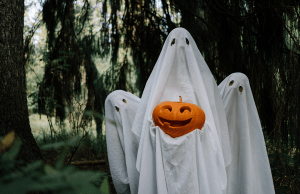- We have long disagreed over whether aggressive behavior is inborn or learned—which has led to many research efforts, including the Bobo doll experiment.
- This study concluded that children become aggressive through observational learning; that is, through watching someone else conduct the same behavior.
- However, other studies disagree—or at least note that aggression isn’t only learned, but inborn; and one’s environment can worsen or improve this behavior as one ages.
- According to researchers, aggression is a sign of healthy development: we’re the most aggressive between the age of 2 and 4, but we basically grow out of it and learn to handle conflict more effectively.
- The team says that if we want to change aggressive behavior, we should focus on teaching healthy values, rather than giving the aggression too much attention.
There is a long-held debate over whether aggression lies in nature or nurture: are certain individuals born more aggressive than others, or are they conditioned to behave that way? A multitude of studies explore this question, but perhaps the most notable is Albert Bandura’s Bobo doll experiment from the ‘60s.
Bandura focused his efforts on testing his social learning theory—which claims that people learn through observation—in kids. To do so, he showed the study participants (young boys and girls) varying clips of adults interacting with a Bobo doll: some were aggressive, while others were not. Additionally, the adults were either rewarded, punished, or given no consequence for the way they treated the doll. Bandura then simply observed the kids’ ensuing behavior upon giving them access to their own Bobo doll. Ultimately, he found that those exposed to the aggressive model were more likely to act aggressively toward the doll than the others.
Bandura’s study lit the way for more research of the like to follow. And nearly 60 years later, current researchers continue to deliver. In fact, a recent study from the University of Montreal presents new findings regarding the matter: aggression is inborn, but a child’s environment can either exacerbate or improve that behavior as they age.
Handling and Channeling Aggressive Impulses
I’m sure you’ve seen a kid lash out at his parents in the grocery store. Maybe you’ve even been the kid lashing out at his parents in the grocery store. Either way, the thought of it probably makes you roll your eyes or sigh. It’s annoying to witness scenes of the like—but the truth is that aggression is a sign of a healthy course of development.
The researchers behind this study explain that aggression is a normal part of growth. In fact, we show the most aggressive behavior toward others at a very young age, between 2 and 4 years old. However, as we continue to grow, we learn to manage our emotions and handle conflict more effectively. We’re able to channel our aggression, rather than react with aggression.
Proactive Vs. Reactive Aggression
Which brings us to the topic of proactive vs. reactive aggression. The former refers to domineering physical or verbal behavior, while the latter is a defense mechanism. In exploring the difference, researchers analyzed 555 sets of twins, fraternal or monozygotic. The team simply asked the twins’ teachers to evaluate and chart the kids’ aggressive behavior, at the ages of 6, 7, 9, 10, and 12.
In the end, researchers observed that proactive and reactive aggression in 6-year-olds share similar genetic factors; however, their aging and development appears to be influenced more so by environmental factors. The research team says their findings highlight the need for different prevention methods for proactive and reactive aggression. They add that in attempting to reduce aggression, we should focus on teaching healthy values instead of just bringing attention to the aggressive behavior.
Sources:
Paquin, S., Lacourse, E., Brendgen, & et al. (2017, December 6). Heterogeneity in the development of proactive and reactive aggression in childhood: Common and specific genetic-environmental factors. PLOS ONE. Retrieved on December 20, 2017 from http://journals.plos.org/plosone/article?id=10.1371/journal.pone.0188730
University of Montreal. (2017, December 20). Aggression in childhood: Rooted in genetics, influenced by the environment. ScienceDaily. Retrieved December 11, 2019 from www.sciencedaily.com/releases/2017/12/171220091657.htm













